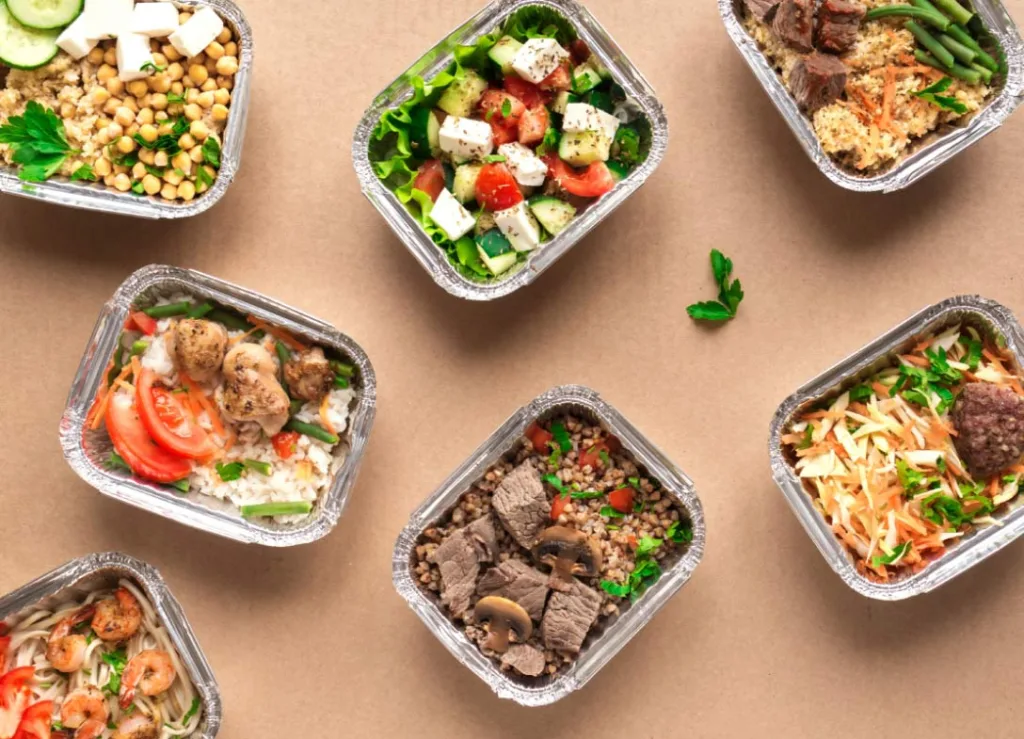As a doctor who specializes in inflammation reduction, I’m excited to share how the right spices can make a delicious difference in your health.
Inflammation is a natural process, but when it becomes chronic, it can lead to a range of health problems. Luckily, adding some flavorful and inflammation-fighting spices to your diet is easy and tasty!
Understanding Inflammation
Inflammation is a complex biological response to injury or infection, and it’s a natural part of the body’s immune response.
However, chronic inflammation can lead to serious health problems such as heart disease, cancer, and diabetes. By reducing inflammation in the body, we can help reduce the risk of these chronic diseases.
The Benefits of Spices for Reducing Inflammation
Spices are rich in antioxidants and anti-inflammatory compounds, which makes them an excellent addition to your diet if you are looking to reduce inflammation. The top spices for reducing inflammation are:
Turmeric
Turmeric is a bright yellow spice that is commonly used in Indian and Middle Eastern cuisine. It contains curcumin, a powerful anti-inflammatory compound that has been shown to reduce inflammation in the body. Curcumin is also believed to help prevent chronic diseases like heart disease and cancer.
👩⚕️ Fun fact: Curcumin has been found to have pain-relieving properties similar to ibuprofen, without the harmful side effects!
Ginger
Ginger is a root that has been used in traditional medicine for centuries. It contains gingerol, a compound that has been shown to have anti-inflammatory properties. Ginger is also great for digestion and can help relieve nausea and stomach discomfort.
🍵 Fun fact: A warm cup of ginger tea can be a comforting and healthy way to reduce inflammation and soothe digestive issues.
Cinnamon
Cinnamon is a delicious spice that is often used in baking. It contains cinnamaldehyde, a compound that has been shown to have anti-inflammatory properties. Cinnamon is also believed to help regulate blood sugar levels, which can help reduce the risk of diabetes.
🍎 Fun fact: Cinnamon is a versatile spice that can be added to both sweet and savory dishes. Try sprinkling it on roasted vegetables for a tasty and healthy twist!
Cloves
Cloves are a spice commonly used in Indian and Middle Eastern cuisine. They contain eugenol, a compound that has been shown to have anti-inflammatory properties. Eugenol has also been shown to help reduce pain and inflammation in people with arthritis.
🥘 Fun fact: Cloves are a staple spice in many Indian and Middle Eastern dishes, adding a warm and fragrant flavor to curries and soups.
Tips for Using Spices in Your Diet
Incorporating these top spices for reducing inflammation into your diet is easy and delicious. Here are some tips on how to use these spices:
- Add turmeric to scrambled eggs or roasted vegetables for a golden hue and a burst of flavor.
- Use ginger in tea or smoothies for a refreshing and spicy kick.
- Sprinkle cinnamon on oatmeal, yogurt, or fruit for a warm and sweet flavor.
- Add cloves to meat dishes or soups for a warm and spicy flavor.
Here are some other ways you can use spices to reduce inflammation in your diet:
Use Spices in Place of Salt
Many people consume too much salt in their diet, which can lead to high blood pressure and other health problems. Using spices in place of salt can help you reduce your salt intake while adding flavor to your meals. Try using garlic powder, onion powder, or a spice blend instead of salt when seasoning your food.
Make Your Own Spice Blends
Making your own spice blends is an easy and cost-effective way to add flavor to your meals while reducing inflammation. You can mix together your favorite spices to create a blend that suits your taste. Some good spice combinations for reducing inflammation include turmeric, cumin, and coriander or cinnamon, ginger, and cardamom.
Add Spices to Your Beverages
Spices are not just for food! You can also add them to your beverages for a flavorful and anti-inflammatory boost. Add a cinnamon stick to your tea or coffee for a warming and sweet flavor, or add fresh ginger to your smoothies for a refreshing and spicy kick.
Conclusion
Reducing inflammation is an important step in maintaining good health, and incorporating these top spices into your diet is an easy and delicious way to do it. Whether you add them to your favorite recipes or create new ones, these top spices for reducing inflammation are sure to improve your overall health and wellbeing. So next time you’re in the kitchen, consider adding some of these inflammation-fighting spices to your meals for a boost of flavor and health benefits! 🍽️


